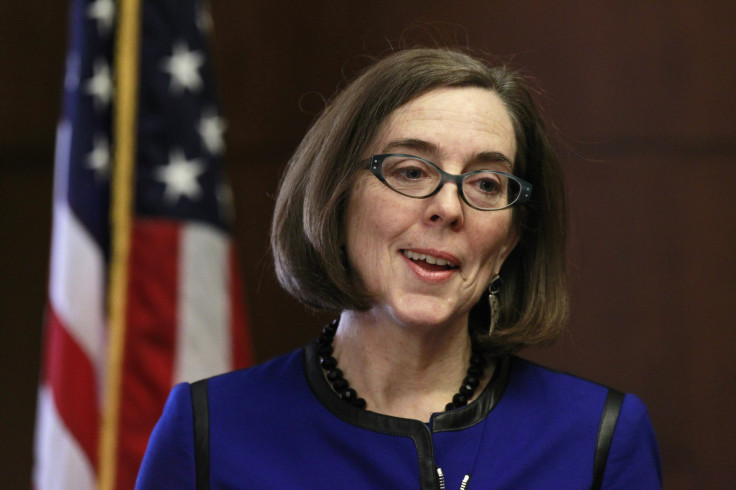Free Community College: Oregon Considers No-Cost Education As Obama Tuition Legislation Debated In Washington

Oregon could soon become the second state to offer free community college. More than 10,000 Oregon students could attend the colleges tuition-free under a last-minute bill passed by legislators this week, according to local media reports.
Oregon Sen. Mark Hass, a Democrat, said the state’s low-income students need help. If students receive federal grants for community college, the state would pay the rest of their tuition, under the proposed measure. An eligible student would have to live in Oregon for at least a year and maintain a 2.5 grade point average. The state could begin offering free tuition in 2016, assuming Gov. Kate Brown, also a Democrat, signs the bill into law. “A lifetime of food stamps is much more expensive than the annual community-college tuition of $3,000,” Hass told lawmakers May 28.
Oregon to become 2nd state to offer free community college: http://t.co/t92Yq2EFbs pic.twitter.com/9gNO8hQitZ
— David Nelson (@DavidNelsonNews) July 8, 2015Tennessee last year launched its tuition-free community-college program, the first in the country. “It provides students a last-dollar scholarship, meaning the scholarship will cover tuition and fees not covered by the Pell grant, the HOPE scholarship or state student assistance funds,” according to the Tennessee Promise online site.
At the federal level, U.S. Sen. Tammy Baldwin, D-Wis., and Rep. Bobby Scott, D-Va., were expected to introduce legislation in Congress Wednesday that would enable President Barack Obama’s tuition-free community-college plan for low-income students, which he outlined during his State of the Union address in January. In his speech, Obama touted his plan as a “chance to graduate ready for the new economy, without a load of debt.”
The proposed federal law would provide a federal match of $3 for every $1 covered by states toward the cost of tuition and fees at community, technical and tribal colleges. To about 9 million students, that could mean an annual average savings of $3,800 in tuition each. White House representative Eric Schultz has said the plan would cost the federal government roughly $60 billion over 10 years.
Republicans who control both chambers of Congress have said the plan is too expensive for taxpayers. “Unless the president has a responsible plan to meet our existing commitments, he shouldn’t be making new promises the American people can’t afford,” said Rep. John Kline, R-Minn., chairman of the House Education and the Workforce Committee.
© Copyright IBTimes 2024. All rights reserved.






















